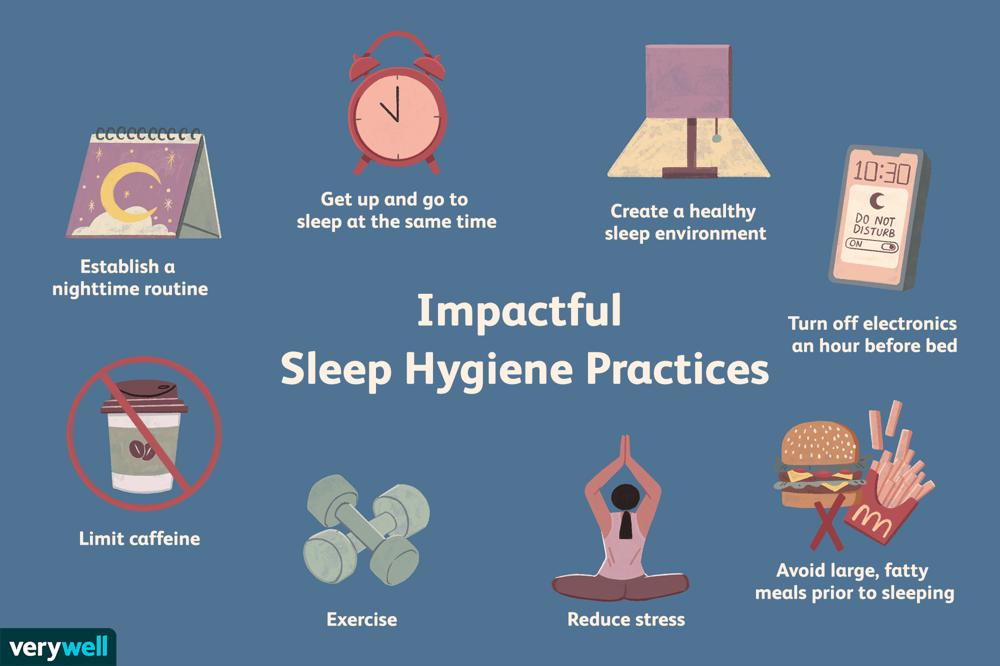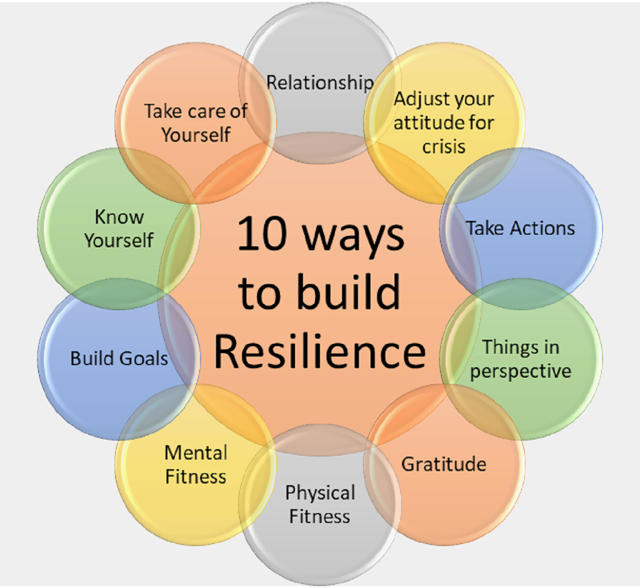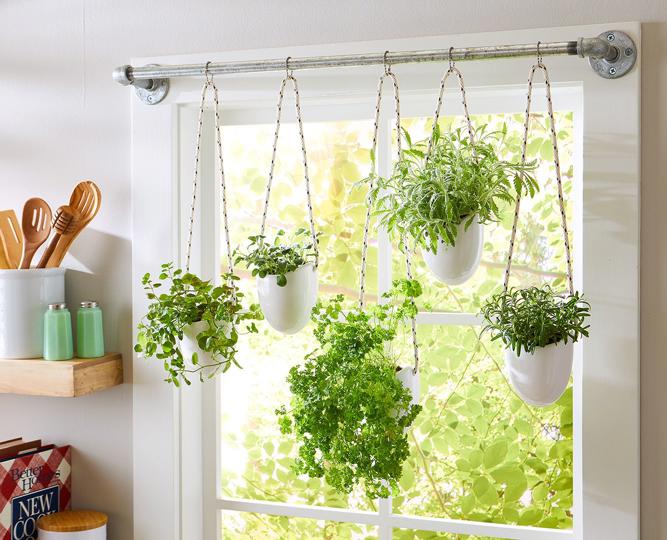How to Improve Your Sleep Hygiene
A Comprehensive Guide to Enhancing Your Sleep Hygiene for Better Rest

Frequently Asked Questions
Sleep hygiene refers to a set of practices that help improve quality sleep and ensure effective sleep routines.
Good sleep hygiene is essential for better overall physical health, emotional well-being, and cognitive function. It helps prevent sleep disorders and enhances daily performance.
Step by Step Guide
1
Understand Sleep Hygiene
Sleep hygiene refers to the practices and habits that contribute to quality sleep. Understanding its importance is the first step toward improvement.
2
Establish a Sleep Schedule
Go to bed and wake up at the same time every day, even on weekends. This regularity reinforces your body's natural sleep-wake cycle.
3
Create a Relaxing Bedtime Routine
Engage in calming activities before bed, such as reading, taking a warm bath, or practicing relaxation techniques to signal your body it’s time to wind down.
4
Optimize Your Sleep Environment
Ensure your bedroom is conducive to sleep. This includes a comfortable mattress and pillows, blackout curtains, and a cool, quiet environment.
5
Limit Exposure to Screens
Reduce screen time at least one hour before bed. The blue light from devices can interfere with melatonin production and disrupt sleep.
6
Be Mindful of Food and Drink
Avoid large meals, caffeine, and alcohol close to bedtime. Instead, opt for light snacks if you're hungry.
7
Get Regular Exercise
Engage in regular physical activity to improve sleep quality, but avoid vigorous workouts close to bedtime.
8
Manage Stress and Anxiety
Practice mindfulness techniques such as meditation or deep-breathing exercises to help reduce stress levels that may interfere with sleep.
9
Be Cautious with Naps
If you take naps, limit them to 20-30 minutes and avoid napping late in the day to prevent disrupting your nightly sleep.
10
Seek Professional Help if Necessary
If you consistently struggle with sleep despite good hygiene practices, consider consulting a healthcare professional for further evaluation.








